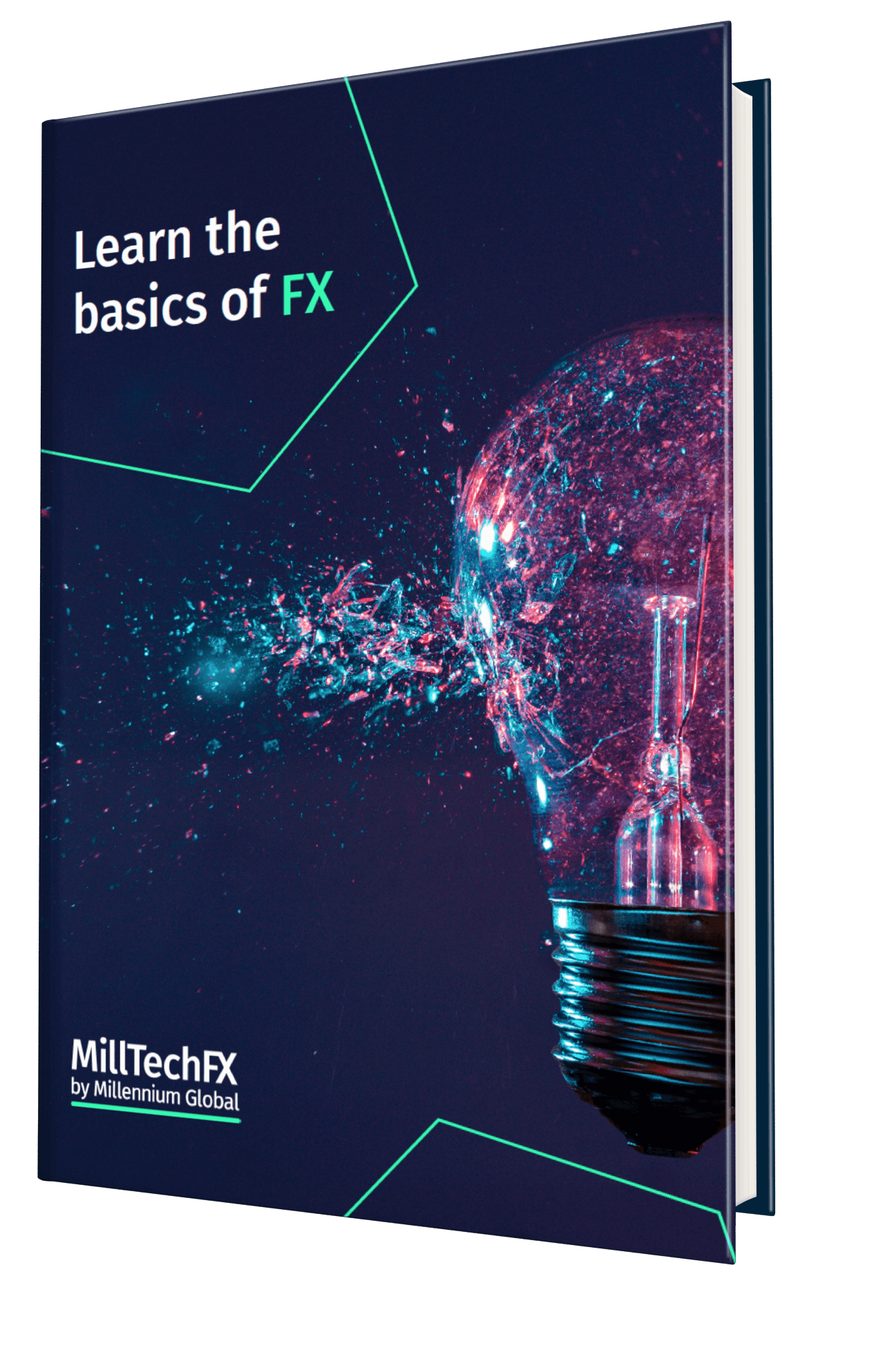Best Execution – definition, benefits and FAQ’s
Table of contents:
What is best execution?
Best execution refers to the regulatory obligation of investment firms to ensure that when executing trades on the behalf of clients, they ascertain the best results possible for the trade at that time.
Best execution requirements
The MiFID (the European Markets in Financial Instruments Directive), regulates trading with Europe. The MiFID criteria for best execution considers:
- Price
- Costs
- Speed
- Likelihood of execution and settlement
- Size
- Nature
- or any other consideration relevant to the execution of an order
This criteria applies whether these are orders initiated by the client or by an investment manager.
What are the benefits of best execution?
1. Achieve competitive execution prices and transparent cost structure.
2. Demonstrate good governance to investors and shareholders
3. Maintain regulatory compliance and Shareholder accountability
FAQ's
Does best execution mean best price?
Best execution does not just mean getting the best prices, but rather encompasses a broad range execution factors, including speed of execution, likelihood of execution and settlement, size and nature of trades etc, best execution seeks to find the optimal combination of these factors to ensure clients receive the best possible execution outcomes.
What is the best execution clause?
“Obligation to execute orders on terms most favourable to the client
(1) A firm must take all sufficient steps to obtain, when executing orders, the best possible results for its clients taking into account the execution factors.
(2) The execution factors to be taken into account are price, costs, speed, likelihood of execution and settlement, size, nature or any other consideration relevant to the execution of an order.”
Article 27(1) of MiFID
How can you achieve best execution?
1. Assess and monitor your FX costs via an independent Transaction Cost Analysis (TCA), which provides full transparency of your execution costs
2. Establish a robust counterparty selection, evaluation and monitoring framework that considers a range of risk factors including: execution costs, execution technology, liquidity profile etc
3. Adopt a multi-bank FX execution platform where multiple liquidity providers are competing to provide exchanges rates.
4. Ensure you have an FX execution contingency plan that takes into account the legal and operational complexities of trade execution and settlement should a counterpart become unavailable
Who regulates best execution?
Best execution is covered by various market principles and regulation originating from the FCA Conducts of Business Sourcebook and Principles of Business, the FX Global Code of Conduct and, most notably, MiFID II.
Combined, they stipulate that investment firms should:
- Treat clients fairly
- Deal with market participants in a consistent and appropriately transparent manner
- Take all sufficient steps to obtain the best possible result for the client when executing orders
Related terms:
What is MillTechFX?
We provide access to a transparent marketplace for comparative FX execution from up to 15+ counterparty banks, while harnessing a unique and significant pricing efficiency for our clients and reducing their operational burden. In addition, MillTechFX provides clients with full transparency of execution via independent TCA reporting.
